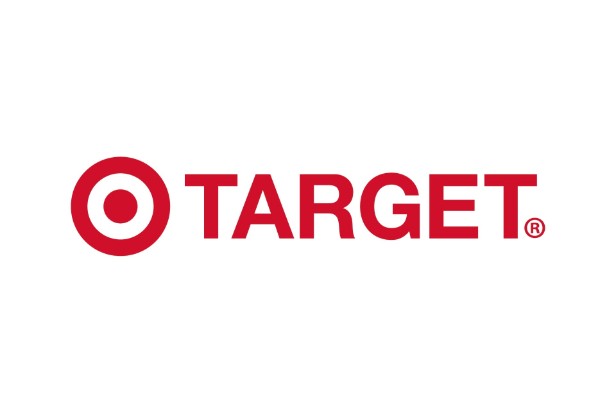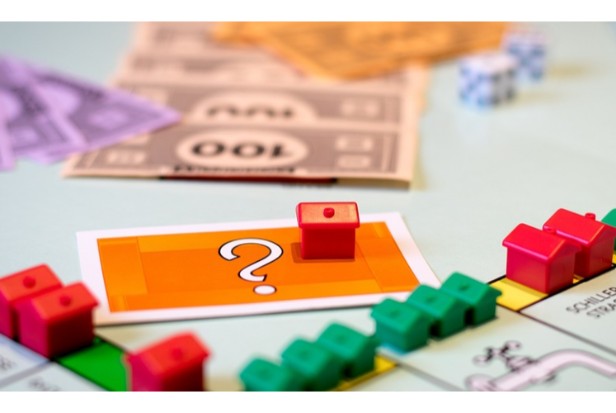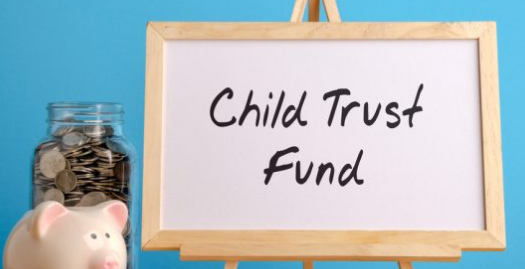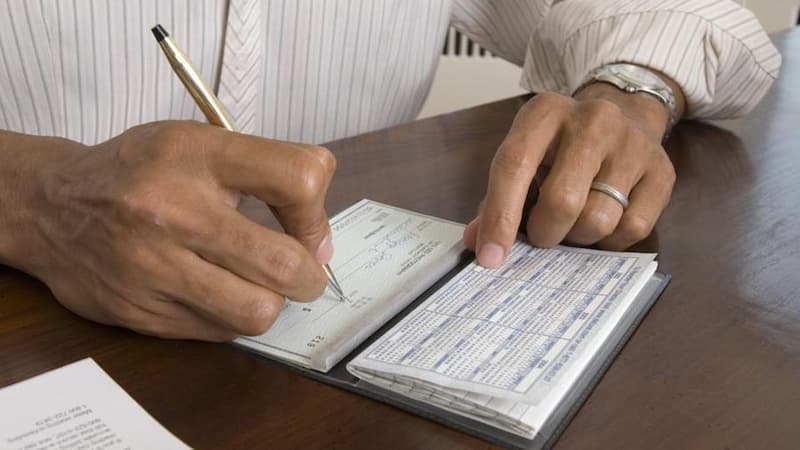
What is a returned check fee, first of all?
When a check you wrote for payment is returned by your bank as unpaid, a credit card company or other business may charge a returned check fee as compensation. Typically, this occurs when there are insufficient funds in your account to cover the payment.
For more information, keep reading.
Table of Contents
What Is A Returned Check Fee?
Check bounces result in a unique type of penalty. When you write a check but don’t have enough money in your account to cover the amount, your bank or credit union will charge you a returned check fee, also known as an NSF fee or non-sufficient funds fee.
The fee is assessed to you in order to deter future check fraud and to reimburse the bank for its costs incurred in processing the returned check.
When they receive a bad check, some merchants will try to deposit it again in the hopes of getting paid. Your bank will charge you a second returned check fee if that happens and you still don’t have enough money in your account to cover the check.
The Process For Returned Check Fees
If you pay the bill in full, the credit bureaus won’t report the returned check, so your credit score won’t be affected. However, if 30 days have passed since your due date and you still haven’t made that payment, it will be reported as a missed payment and may have an adverse effect on your credit score.
If the lender permits you to maintain use of your credit card, you might also be subject to a higher “penalty” interest rate.
If you’ve missed a payment or had a previous returned check within the previous six months, a returned check may result in a penalty rate, the highest interest rate that can be applied to a credit card.
If you don’t make the payment at all, the lender may well turn the matter over to a collection agency or take you to small claims court, which will appear on your credit report and have an impact on your score.
What Could You Potentially Owe If A Check Is Returned?
| Fee Type | Average Amount |
| Returned check fee | $20 to $40 |
| NSF fee | $30.50 |
The fees associated with check bounces can add up quickly. As previously mentioned, the merchant may impose a returned check fee to cover their expenses. These fees, which typically range between $20 and $40, are subject to state-specific caps. In some states, businesses are also allowed to charge a percentage of the check’s value. You might owe $30 in Ohio, for instance, or 10% of the check’s value, whichever is higher.
If you wrote a check but don’t have enough funds in your account to cover it, you might also be required to pay an NSF fee to your financial institution. NSF fees and returned check fees have different amounts, but they are typically fairly comparable. According to a 2019 study by DepositAccounts.com, NSF fees usually average around $30.50.
Say the merchant charges $30 for a returned check fee and your bank charges $30.50 for an NSF fee, based on the typical amounts charged for each fee type. A total of $60.50 may be required in this situation, which is a hefty price to pay for a returned check.
Visit your bank’s or credit union’s website to learn more about the kinds of fees that could be assessed in the event of a returned check. Give them a call and request clarification if you can’t find the information you’re looking for online. See more about What Is A Cancelled Check?
How To Prevent Returned Check Fees?
Make sure you have enough funds in your checking account to cover the payment before you make it to avoid paying a returned check fee. Make sure to balance your checks to account for any transactions that may be deducted from your account in the upcoming days.
When paying bills in a particular order or “floating” checks because you can’t afford to pay them all at once, you run the risk of being charged a returned check fee.
Once your credit card payment has been mailed, keep a close eye on your checking account to ensure that there is enough money in your account to cover the payment when it is presented.
When paying online via the website of the credit card issuer, double-check your entry of all information, even if it necessitates taking a physical check out of your wallet to confirm your checking account information.
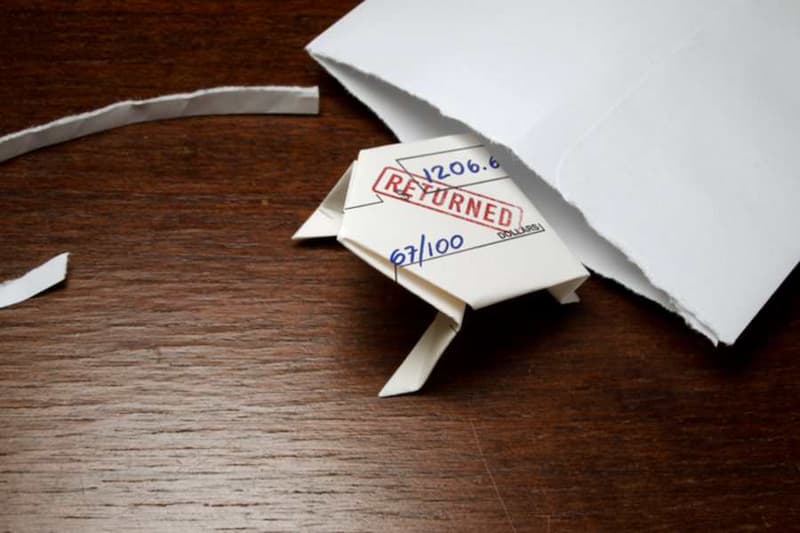
What Transpires If A Check Is Returned?
Returning checks has repercussions beyond fees. The following consequences could also occur:
- You might be informed and asked to report the incident to ChexSystems by your bank or credit union: ChexSystems is a reporting organization that monitors your banking activity and assesses your risk for opening new accounts. You may eventually be denied for credit cards, loans, and other products if you have a negative notation with ChexSystems.
- Your account might be terminated: If you consistently bounce checks, your bank might close your account. Opening a new account at another bank might be challenging if you’ve had an account closed and numerous negative entries on your ChexSystems report.
- Depending on the state in which you reside, you might encounter legal issues: Depending on the laws in your state, writing a bad check on purpose could result in fines and even jail time.
Reach out to the recipient and let them know you are unable to cover the check in order to lessen the effects of a bad check. To come up with a solution, you can collaborate.
Other Penalties For Bouncing A Check
If you don’t have enough money on hand to cover the check, you might be subject to additional fines on top of or in place of the returned check fee.
Overdraft Fees
Your bank may pay the amount when you write a check that you are unable to cover, and you may be assessed an overdraft fee as a result. Then, you’ll have a deadline by which you must deposit money into the account to pay the check. Customers can overdraw their accounts up to a certain daily limit with some banks.
Although it might seem like a useful account feature, the costs can be high. According to S&P Global Market Intelligence, banks increased their overdraft fees during the fourth quarter of 2021 from $2.32 billion to $2.34 billion.
These are the median overdraft fees, according to a survey on checking fees by Forbes Advisor.
These median fee amounts could soon decrease because several big banks recently lowered or even did away with their overdraft fees.
You should be aware that if a bank does charge you an overdraft fee for a returned check, you won’t also be assessed an NSF fee for the same transaction.
In order to prevent your checks from bouncing, some banks offer free overdraft protection, which will use a backup funding source, such as a savings account. Normally, you have to choose the service and link the two accounts.
Returned Check Fees From The Merchant
It’s possible that a company that receives a bad check from you will impose its own returned check fee in addition to the charges made by your bank. The fees that banks charge merchants for bad check deposits must be recovered, so they will be passed on to you.
The charges differ depending on the merchant and the state, and they may limit your ability to write additional checks to the same company. A list of the maximum returned check fees that businesses are permitted to impose nationwide is provided by VCI, formerly VeriCheck. Remember that banks and the NSF fees they levied are not included in the limits; only businesses are covered.
Limited Check-Writing Abilities. A company called TeleCheck keeps track of people who have a history of issuing fraudulent or bad checks. You may have more trouble using the TeleCheck check acceptance system anywhere if a merchant reports you to them.
How Do You Respond If A Check Bounces?
Remain calm if you discover that a check has bounced. Instead, take these actions to make things right.
Contact your bank. Inform the bank that you have written a check but later realized you lack the funds to cover the transaction. Working with your bank, you might be able to transfer funds to pay the check and any associated fees.
Next, notify the party to whom you wrote the check. You can show that you’re a proactive customer by taking the initiative to inquire about alternative methods of payment for the check’s amount as well as any possible returned check fees the merchant may impose.
Finally, take steps to prevent future returned checks. Inquire with your bank if your checking account qualifies for overdraft protection and how it works. To know if you have the money to cover a check, make it a habit to check your balance using the mobile app for your bank. Enroll in account alerts to receive notifications whenever your balance is too low.
As you become more cautious when writing checks, inform a vendor in advance if you think you might be late with a payment. A company might be open to working with you to avoid fees and come up with a plan for a slightly delayed payment.
The End
When you try to distribute money that you don’t actually have, the check’s recipient will charge you a returned check fee. A returned check fee covers the merchant’s costs associated with recovering the check, which may also be incurred by the check’s recipient through their financial institution.
You might also owe a returned item fee, also known as a non-sufficient funds (NSF) fee, to your financial institution in addition to the returned check fee the merchant assessed.
Finally, I want to thank you for reading!
